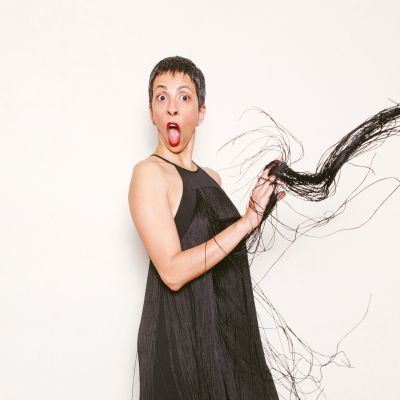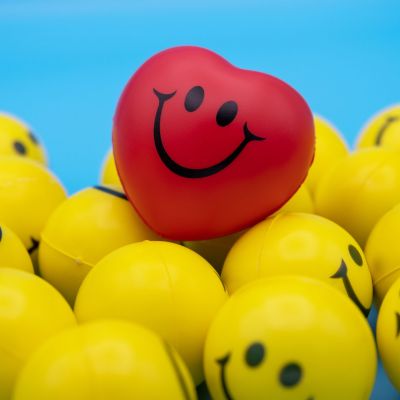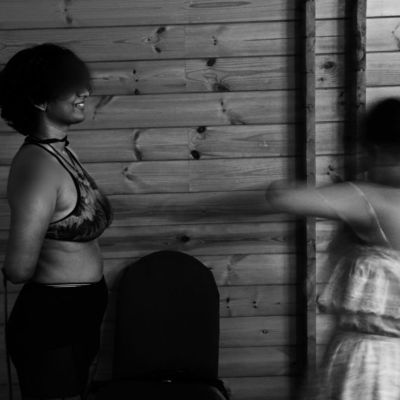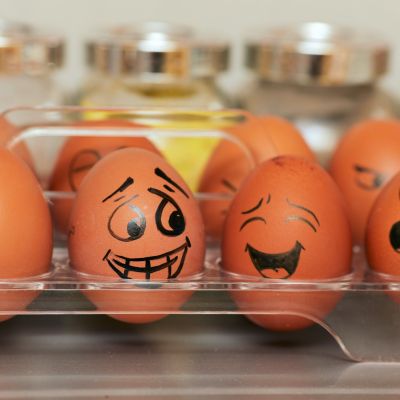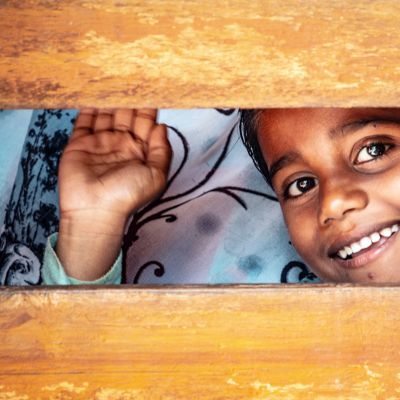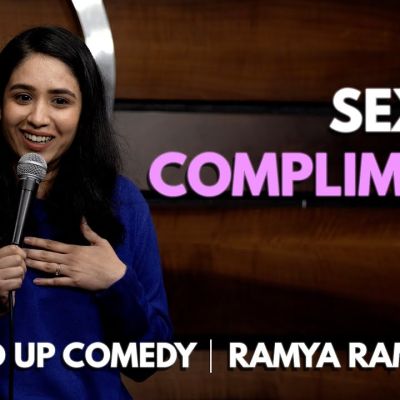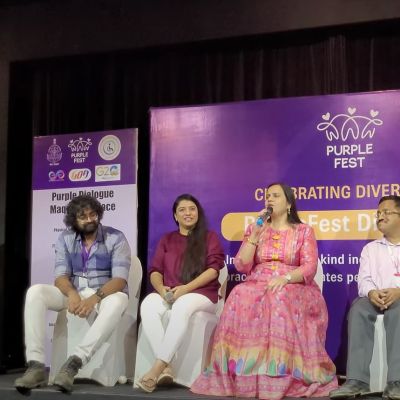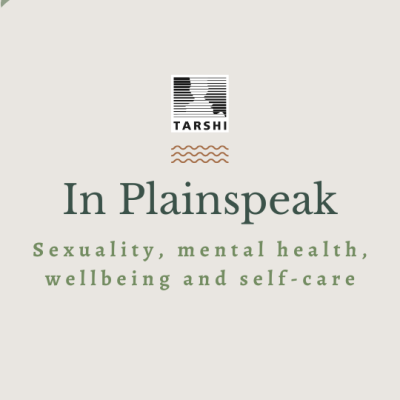humour
I think we are still in a trap of a heteronormative, youth biased, light skin biased, sizeist, ableist culture and until we consciously snap out of it we are throwing a cloak over a human being’s ability to really find what their sexuality even looks like.
Entertainment should aim to inspire, comfort, reflect and express. Even if something violent earns big at the box office, it doesn’t justify its creation.
Humour makes us feel good, relaxes us, lubricates social interactions, and often allows us to see things in new ways. Who doesn’t love a good belly laugh? However, what tickles your funny bone may be very different from what tickles mine.
There’s a difference between ‘laughing with’ and ‘laughing at’. The above instance was obviously of the latter kind. Humour has a complex but integral relationship with queer genders and sexualities, and it has been evolving over time.
You don’t even realise what you’ve said until someone in the group, quick as lightning, hits you with the rejoinder, “That’s what she said!” As you’re trying to make sense of what just happened, the group dissolves into giggles.
I tell them to laugh freely but question as much too. This gives them a sense of sheer relief to be able to ask, talk, question, because, even if it is ‘really bad’, after all, it’s being said in ‘lightness, is it not?
From the outside, the world of kink can look like a place where a smile would be a rare occurrence. But come closer if you dare. Let go of your inhibitions, your fears, your judgements, and biases, and take a real, long look..
Humour, either openly, or thinly camouflaged, is a combination of the intellectual, spiritual, emotional, physical nature of being. So quite often, anger, anxiety, aggression, wisdom, love, frustration, wickedness, cruelty, sarcasm and other feelings are a big part.
I think we are still in a trap of a heteronormative, youth biased, light skin biased, sizeist, ableist culture and until we consciously snap out of it we are throwing a cloak over a human being’s ability to really find what their sexuality even looks like.
Most parents, teachers, and caregivers feel embarrassed when talking about sexuality with children and imparting sexuality education. Is there a way to overcome this by using humour?
I only ever read your letters
to learn what patterns to avoid
in future relationships.
There are not that many good looking guys in Bangalore, dude. In Bombay, there are so many failed actors. You’re like, good looking, insecure AND delusional? I can keep you.
The linkages between access, health, violence, the law, workplaces, gender and sexuality are really high and that’s why we all today—whether we are working on street accessibility, education, disability and employment—need to bring and build our collective understanding around gender and sexuality, keeping it at the core of our work with people, youth, and women with disabilities.
“अगर आप उसपर हँस सकते हैं तो सब कुछ मज़ाकिया है।” – लुईस कैरोल लुईस कैरोल को अधिकार-आधारित परिप्रेक्ष्य वाला…

